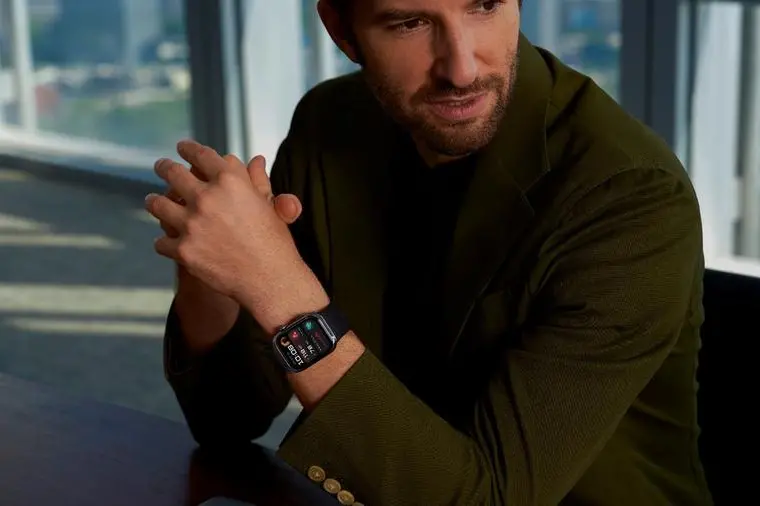PHOTO
Dubai, United Arab Emirates — Huawei has announced a collaboration with the Dubai Health Innovation and Digital Health team to conduct a validation study on ambulatory blood pressure monitoring technology. The study aims to assess the effectiveness of the ambulatory blood pressure monitoring capabilities using Huawei’s wrist-based wearables.
Born from a decade of research and development in blood pressure technology, Huawei's latest advancements represent significant progress in wrist-based monitoring. The collaboration aims to assess the effectiveness of this technology in providing accurate and convenient blood pressure measurements.
The Importance of Ambulatory Blood Pressure Monitoring
Hypertension affects about one-third of adults globally, making it a critical public health concern. Early identification and effective management of high blood pressure have the potential to significantly improve long-term health outcomes.
The medical community emphasises the necessity of ambulatory blood pressure monitoring due to the fluctuating nature of blood pressure, influenced by factors such as emotions, diet, and activity levels. Nighttime blood pressure changes, often overlooked, can be critical indicators of cardiovascular health.
According to the ISH 2020 Global Hypertension Practice Guidelines, 24-hour ambulatory blood pressure monitoring using a traditional arm cuff device is the best method for assessing blood pressure levels. However, these devices can be cumbersome and interfere with daily activities.
Huawei's advanced wearable technology addresses these challenges by providing continuous, non-invasive monitoring in a compact and comfortable form factor. This will make it easier for people to integrate blood pressure monitoring into daily routines without significant interference.
Healthcare Implications
This study highlights a growing trend of integrating advanced technology into healthcare. By offering a more accessible form of ambulatory monitoring, Huawei’s advancements have the potential to improve early detection and management of high blood pressure. The findings from this study could pave the way for wider adoption of wearable health technologies, offering a proactive approach to managing chronic conditions. This study will also provide valuable insights into how such technology can be effectively implemented in healthcare settings.



















